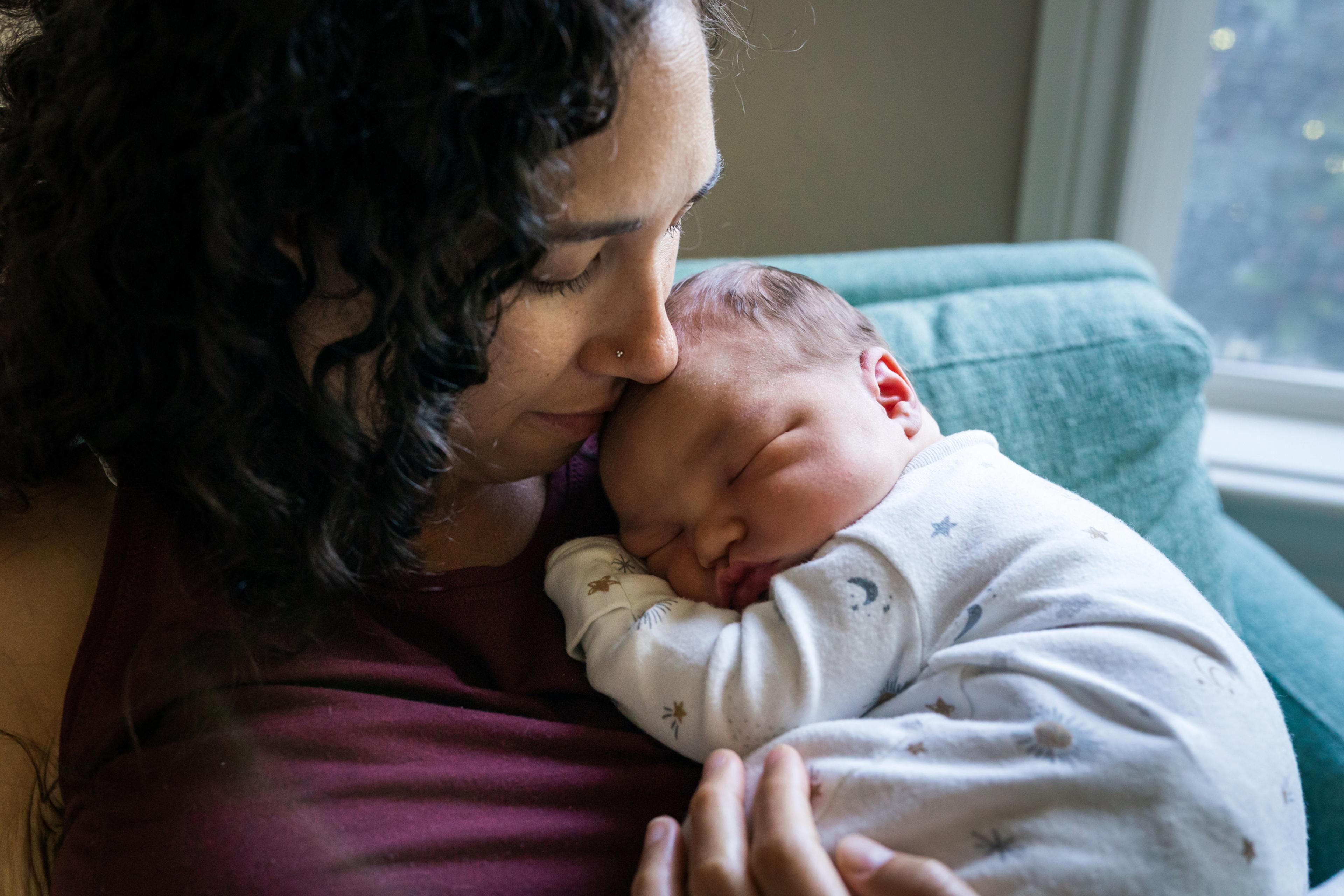How To Adjust Baby Sleep Hours for Daylight Savings
A Healthier Michigan
| 3 min read

Make sure you are aware of the dates for Daylights Savings this year:
- “Spring Forward” on Sunday, March 10, 2024
- “Fall Back” on Sunday, November 3, 2024
What to do with your baby sleep schedule before your clocks change
It will likely be easier to go through the time change with your baby if you take some steps ahead of time to prepare you both for Daylight Savings Time. These methods work to both “Spring Forward” and “Fall Back” for Daylight Savings Time if you adjust the sleep schedule in the right way each time.
- A popular, simple method is to start adjusting sleeping and waking windows by 10-15 minutes for 4-5 days leading up to Daylight Savings Time. This is a gradual way to try to keep sleep schedule and routines as close to usual as possible while still working toward the time change.
- If you can’t or don’t want to transition your sleep schedule over so many days, use 2-3 days of 20-30 minutes shifts to sleep time to prepare more quickly to adjust to the time change.
- Some parents use a more flexible approach if they have the ability, and simply roll with the time changes as they come. You and your baby’s sleep schedules adjust naturally to the time change over time but at least at first, your schedule will be shifted an hour.
How long does it take a toddler to adjust to Daylight Savings?
There is not a set amount of time it will take your child to adjust to the time change after daylights savings, although it can take up to a week or two, according to the Children’s Hospital of Philadelphia. Each baby has their own sleep schedule and biological clock or circadian rhythm. Some methods to help ease sleep issues may be more or less effective for some children than others, or as children get a little older.
How do I reset my baby's circadian rhythm?
Even when it’s not affected by Daylight Savings Time, your baby’s circadian rhythm may still get disrupted by travel, illness, or a variety of other causes. Any changes to the amount of daylight our bodies take in during waking hours can affect our circadian rhythm, according to the CDC.
Make sure to have a safe, comfortable, and quiet sleeping environment for your baby. Here are some tips for helping soothe your baby and ease sleep schedule issues outside of Daylights Savings Time changes.
- Make sure to limit or control light pollution into the sleeping room leading up to & during sleep and waking windows.
- Make sure you and baby get natural light and air during the day. This can help regulate that internal clock or circadian rhythm.
- Try out letting your baby self-soothe for increasing amounts of time before getting them out of bed or their crib.
- Consider adding a white noise machine or fan to the baby’s sleep environment, at an appropriate level. This can soothe the baby and may even remind them of being in the womb.
Related Links:





